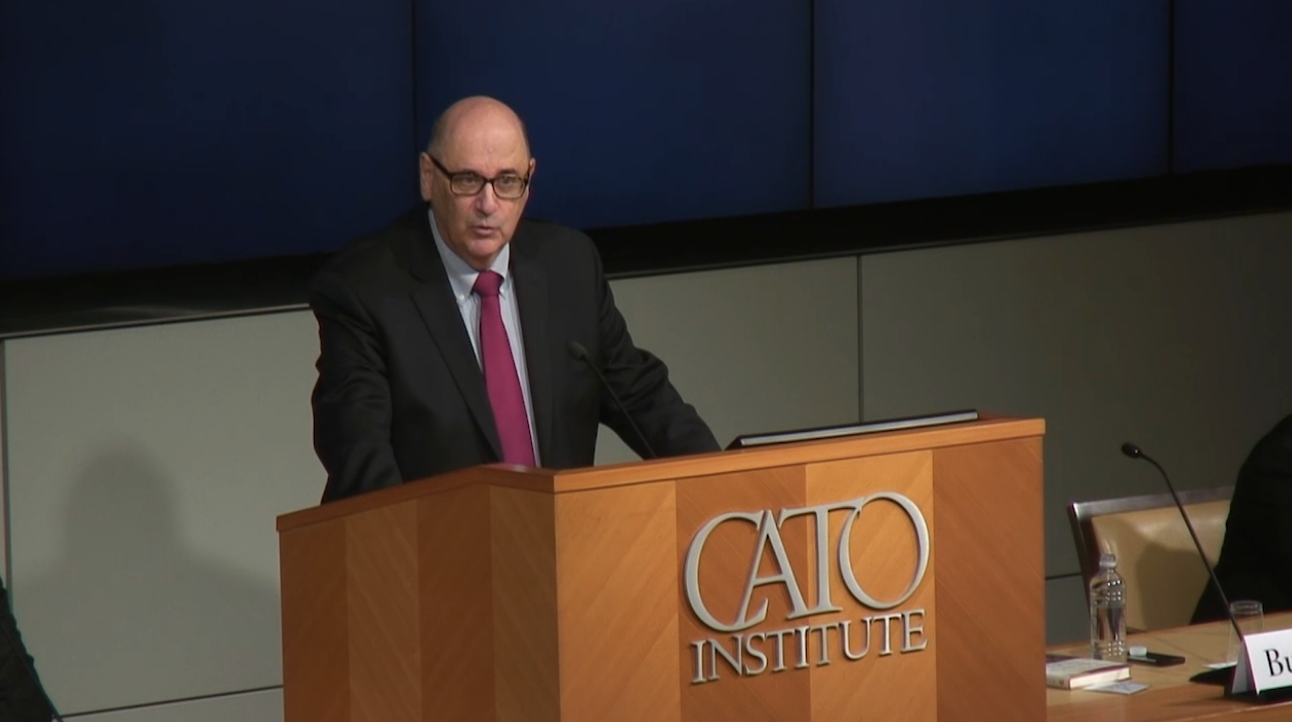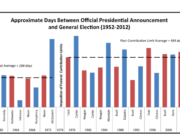Let the spin begin. As the Wisconsin recall results rolled in just after 9 pm last night, media outlets such as MSNBC began talking about how the deciding factor in Wisconsin Gov. Scott Walker’s recall survival was money, money, money. To be specific: Walker outspent his opponent and was therefore successful. Again.
Cut to this morning, when venerable reporting outlets like Politico began posting opinions about how loudly money shouts in elections:
Wisconsin is the first recent election that doesn’t need five, three or even two takeaways. One will do.
(Unions are weak? Check. Scott Walker is a way better candidate than Tom Barrett? Double-check. Obama sat it out, sapping enthusiasm? Damn straight. “Psychological blow” to Democrats? Call Freud. Independents swinging to the right? Meh.)
But that’s all background noise. There’s really only one story in Wisconsin, though you wouldn’t know it from the high paragraphs of most news analyses. It’s M-O-N-E-Y.
Cash doesn’t talk in 2012, it shouts, and Wisconsin was a sonic boom that’s breaking glass in Chicago.
Never mind that, by some estimates, unions spent upwards of $10 million (and I suspect as the days go by, that number may increase but don’t hold me to that…) to oust Walker.
In conclusion: Politico is right. Money certainly did shout in Wisconsin. Because it actually is, in elections, tantamount to speech. But it is important to remember: The record number of voters at the polls were shouting, too. As CCP Chairman Brad Smith noted this morning: ”
Tom Barrett’s campaign was heavily outspent, by about 10 to 1, by Scott Walker’s, but Barrett was lucky to have the Citizens United ruling on his side. After spending by independent groups is added in, Walker’s spending advantage dwindled to about two and a half to one – still considerable, but obviously much closer.
One reason independent spending was less important to Walker was that, thanks to a quirk in Wisconsin law, he was able to accept direct contributions in amounts above Wisconsin’s usual limits. This suggests that if office holders are really concerned about independent spending, they should make it easier for candidates to raise money directly.














